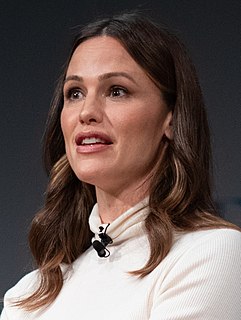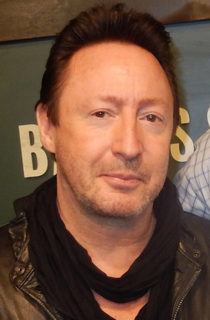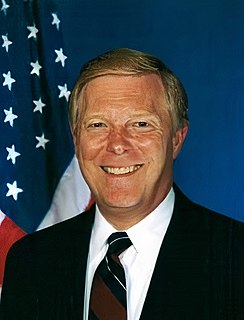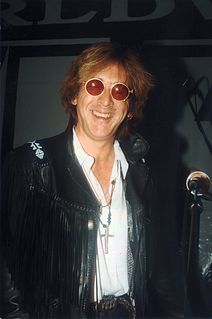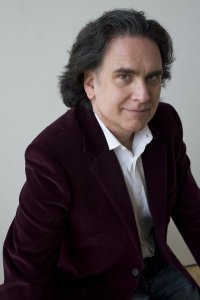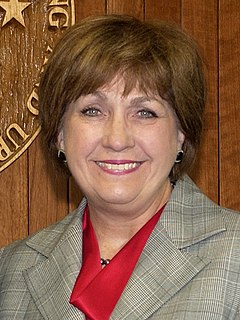A Quote by Jennifer Garner
My mom grew up in poverty in Oklahoma - like Dust Bowl, nine people in one room kind of place - and the way she got out of poverty was through education. My dad grew up without a dad, with very little and he also made his way out through education.
Related Quotes
I go back five generations in Jamaica. My dad grew up in Port Royal, and my mom grew up in Kingston. My family is from the country like West Moreland and also in Manchester. I've been there countless times. As far as cuisine, there's not really much that comes out of Jamaica that's on a plate that I don't like.
I know that Dad was an idol to millions who grew up loving his music and his ideals. But to me he wasn't a musician or a peace icon, he was the father I loved and who let me down in so many ways. After the age of five, when my parents separated, I saw him only a handful of times, and when I did he was often remote and intimidating. I grew up longing for more contact with him but felt rejected and unimportant in his life.
... ... While Dad was fast becoming one of the wealthiest men in his field, Mum and I had very little and she was going out to work to support us.
My dad was a scientist. More than that: my dad grew up in a tiny terraced house in Swansea, the only child of a second-generation immigrant family - his father sold cloth, zips and buttons from door to door - and so science - biochemistry at Swansea University, followed by a PhD at Imperial College - was his way out, his way up.
I think people assume that because I talk the way that I talk that I grew up with money, and then I've had to say, 'No, I grew up poor.' And then I was like, 'Why do I have to play this game where the only black experience that's authentic is the one where you grew up in poverty?' I mean, it's ridiculous.
My wife Jennifer's family is all from there. Jennifer grew up there, so we have personal ties forever - her mom, dad, her brother, her twin brother - so, there's certainly a personal connection there that will also be there. Also, even though I grew up in Omaha, I feel like I really grew up in Milwaukee.
I grew up in a family of educators - my dad was a professor, my mom was a high school grammar and French teacher - so certainly my entire life education was stressed as incredibly important. And I think especially for my parents, who are both immigrants, and when immigrants come to this country, they understand that education is something that no one can take from them. You might leave the country with absolutely nothing, but no one can take your education from you.
